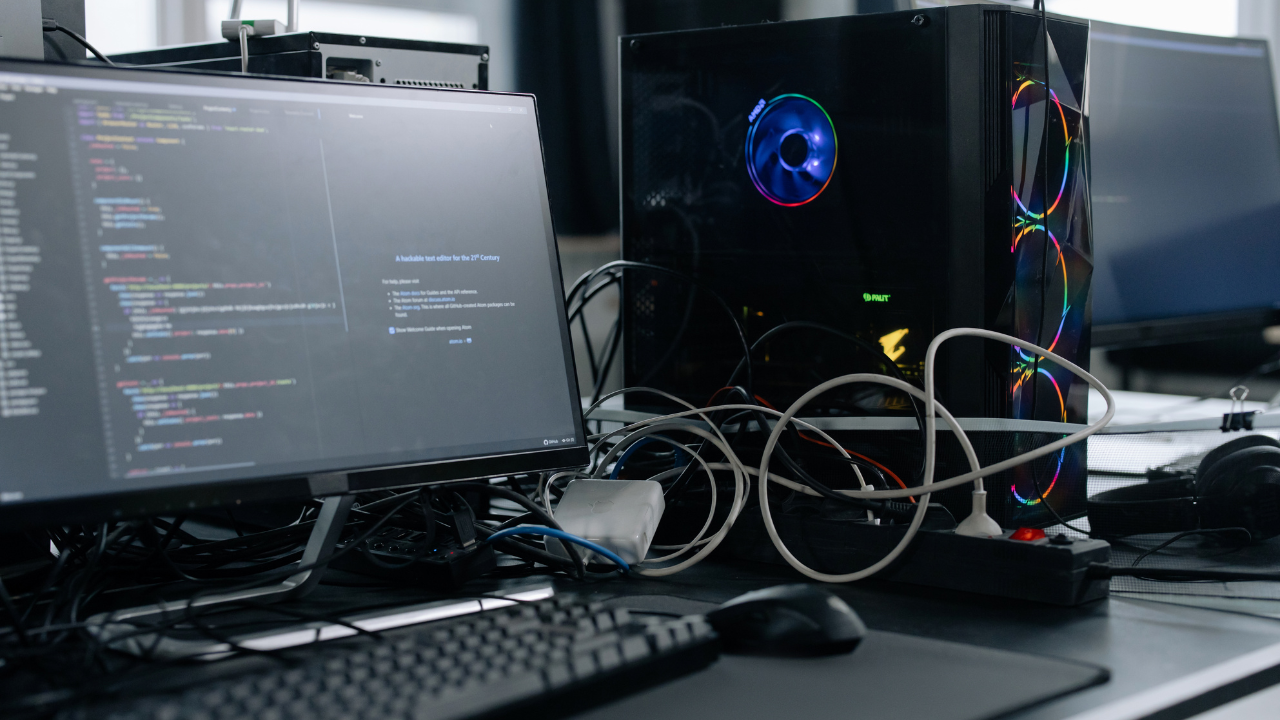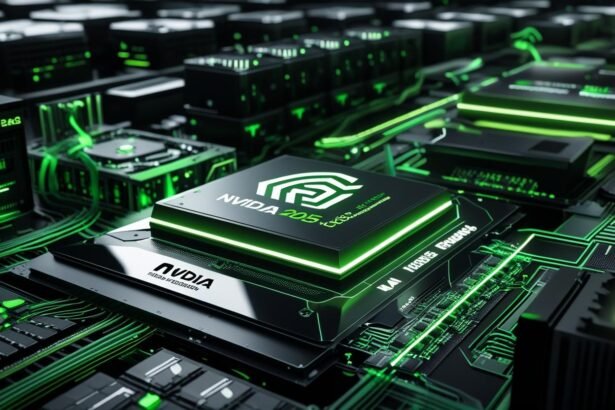Imagine solving in seconds what today’s best supercomputers take centuries to compute. That’s the promise of quantum computers, and while they once felt like a distant sci-fi dream, they’re now becoming very real—and very powerful.
By 2030, quantum computers won’t just be locked away in elite labs. They’re set to shape how we live, work, heal, and even eat. In this friendly guide, we’ll explore what a quantum computer is, the amazing things they’ll be able to do, and how the future of quantum computing is surprisingly close to our everyday lives.
🌀 What are Quantum Computers?
Let’s start simple.
Traditional computers, like the one you’re reading this on, store data using bits—which can either be a 0 or a 1. Quantum computers, on the other hand, use qubits (quantum bits). Thanks to the strange laws of quantum physics—like superposition and entanglement—a qubit can be a 0, a 1, or both at the same time.
That might sound odd, but it means quantum computers can process information in radically new ways. Instead of checking one solution at a time, they can explore many possibilities all at once.
And this ability could change everything—from drug discovery and climate modeling to banking and traffic systems.
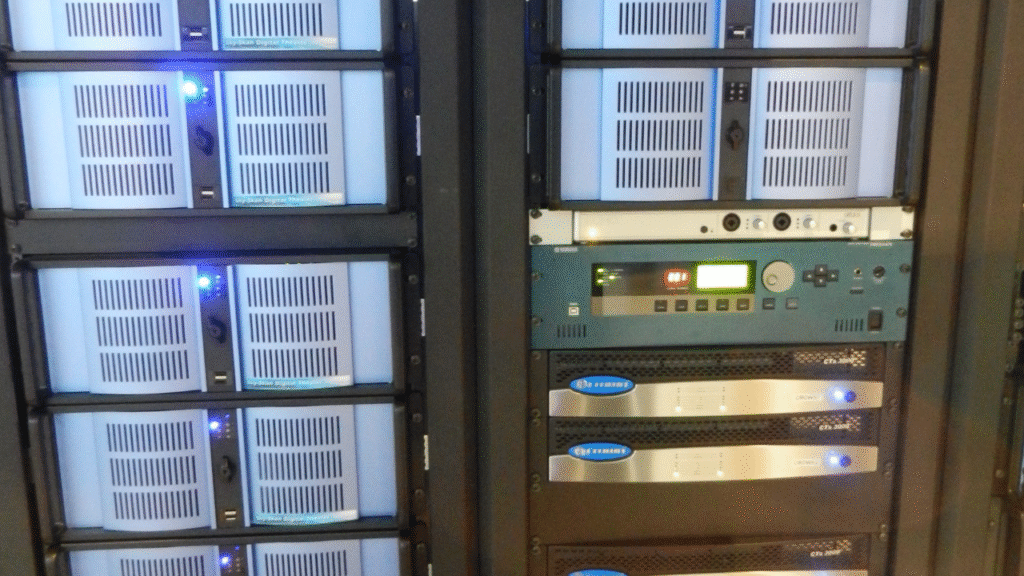
🧠 Smarter Healthcare: Personalized and Faster Treatments
One of the biggest areas that will benefit from quantum computers is healthcare.
Right now, developing a new drug can take over a decade and billions of dollars. That’s because researchers have to simulate countless molecules and how they interact with human cells—something that classical computers struggle with due to complexity.
With quantum computers, simulating these interactions becomes exponentially faster and more accurate. This opens doors to:
- Rapid drug discovery for rare diseases
- Personalized medicine tailored to your genetic makeup
- Better cancer treatments using optimized compounds
The real-world applications of quantum computing in healthcare could save millions of lives—and make treatments faster, cheaper, and more precise.
🌐 Smarter Cities and Traffic Optimization
If you’ve ever been stuck in traffic, you’ll love what quantum computers could do for smart cities.
By 2030, urban areas will be managing millions of moving parts—cars, buses, trains, deliveries, and people—all needing to move efficiently. Classical systems hit a wall trying to optimize these networks.
But quantum algorithms excel at solving optimization problems.
Cities could use quantum technology in daily life to:
- Optimize traffic lights to reduce jams and pollution
- Reroute deliveries and emergency services instantly
- Create real-time, efficient public transportation routes
The result? Less stress, more time, and cleaner air.
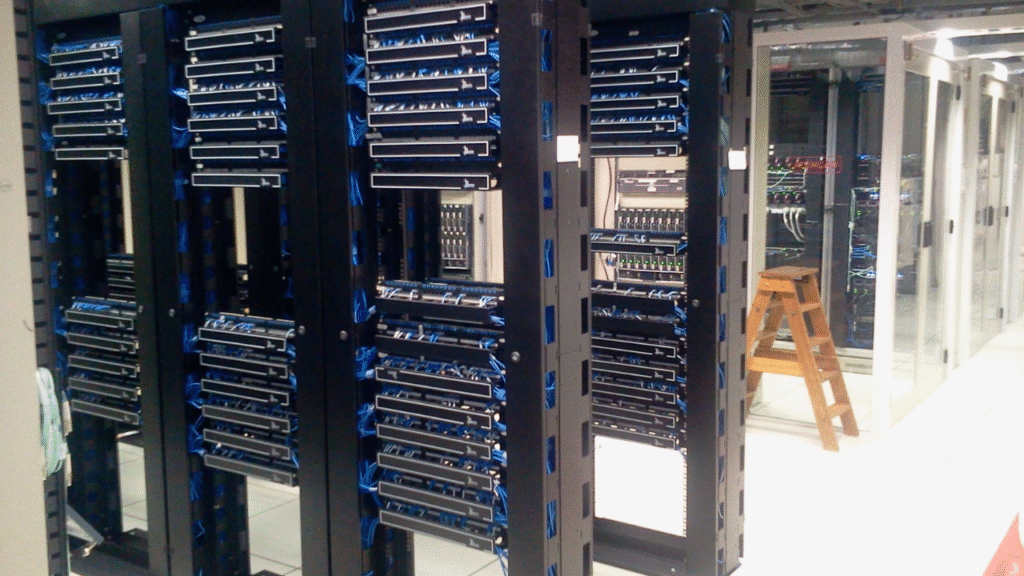
🔒 Unbreakable Cybersecurity (and the Race to Keep Up)
With all this technological power, security is a big concern. And here’s where it gets interesting.
Quantum computers could break many of today’s encryption systems—putting data, banks, and governments at risk. But they also offer quantum cryptography, a way to create nearly unbreakable codes using quantum physics.
By 2030, we’ll likely see:
- A shift to post-quantum encryption standards
- Banks and military systems adopting quantum-secure communication
- Everyday messaging apps using quantum encryption to protect privacy
So, while quantum computers will create challenges for cybersecurity, they’ll also bring the tools to solve them.
💰 Finance Gets an Upgrade
The finance world runs on fast decisions—trading stocks, assessing risks, managing portfolios. But these tasks are often limited by how quickly computers can process data.
Quantum computers can revolutionize this by:
- Simulating complex market behavior
- Identifying trends far beyond human perception
- Optimizing investment portfolios in real time
- Improving fraud detection through pattern recognition
With the future of quantum computing, financial systems will be faster, more stable, and better at managing risk—possibly preventing the next big crash.
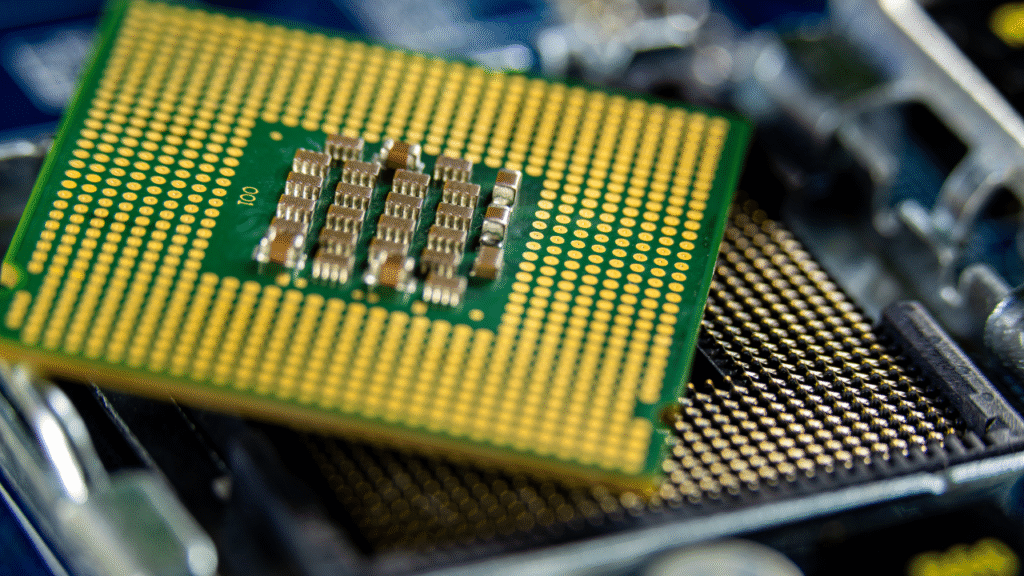
🧬 Tackling Climate Change
Here’s something amazing: quantum computers could help save the planet.
Fighting climate change involves modeling extremely complex systems—like ocean currents, atmospheric chemistry, and energy usage. These require incredible computing power.
With quantum computers, we could:
- Simulate entire climate systems with more accuracy
- Design better carbon capture materials
- Optimize renewable energy grids
- Develop eco-friendly industrial processes
Imagine discovering a new battery or solar panel material that’s 10x more efficient—just through a quantum simulation. That’s the power of real-world applications of quantum computing.
📦 Revolutionizing Logistics and Supply Chains
Think about how many steps it takes to deliver a product to your door—from raw materials, manufacturing, packaging, transportation, customs, and local delivery.
Now multiply that by millions of products and companies worldwide. That’s a logistical nightmare.
Quantum computers can optimize these huge supply chains by:
- Mapping the most efficient delivery routes
- Predicting supply and demand shifts
- Minimizing energy and fuel use
- Managing inventory in real time
By 2030, quantum technology in daily life will quietly support the backbone of the global economy—getting your packages to you faster, cheaper, and with less waste.
🎮 Gaming, AI, and Entertainment
Quantum computing isn’t just for scientists and governments—it’s coming for your games and media too.
As AI evolves, it needs more computing power. Quantum computers can train models faster and more efficiently, leading to:
- Smarter in-game characters
- Realistic simulations in movies and AR/VR
- Personalized content recommendations powered by quantum algorithms
Think Netflix powered by quantum AI that knows exactly what you’re in the mood for—and creates a custom show in real time. Far-fetched? Maybe. But not impossible.
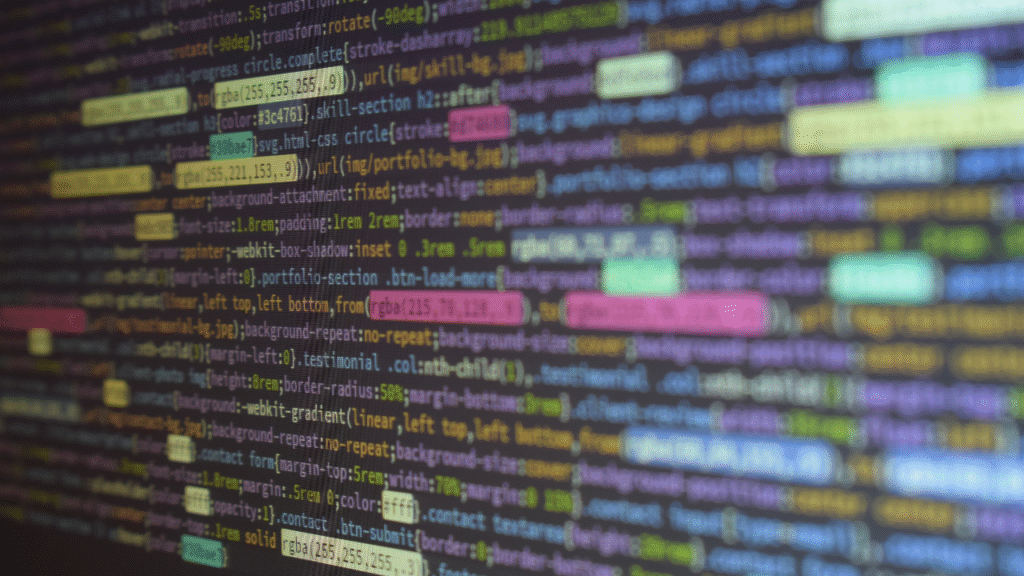
🧪 What’s Holding Us Back?
So, why aren’t quantum computers already in every household?
Well, they’re still in early stages. Challenges include:
- Fragile qubits that need near-zero temperatures
- Expensive materials and error-correction systems
- Limited availability and accessibility
But progress is moving fast. Tech giants like IBM, Google, and startups like Rigetti and IonQ are investing billions to make quantum computing practical and scalable. By 2030, we might not all have a quantum laptop, but we’ll definitely be benefiting from quantum computers in the background of our everyday lives.
🔮 Final Thoughts: The Quantum Leap Ahead
The future of quantum computing isn’t just about speed—it’s about changing how we solve problems, model the world, and interact with technology. From healthcare and finance to energy and logistics, quantum computers are gearing up to touch almost every corner of our lives.
Sure, they may still feel mysterious and complicated—but just like electricity or the internet once did, quantum tech is on its way to becoming part of daily life.
So the next time you unlock your phone, get a medical diagnosis, or order groceries online, remember: quantum computers might be the invisible genius making it all possible.



